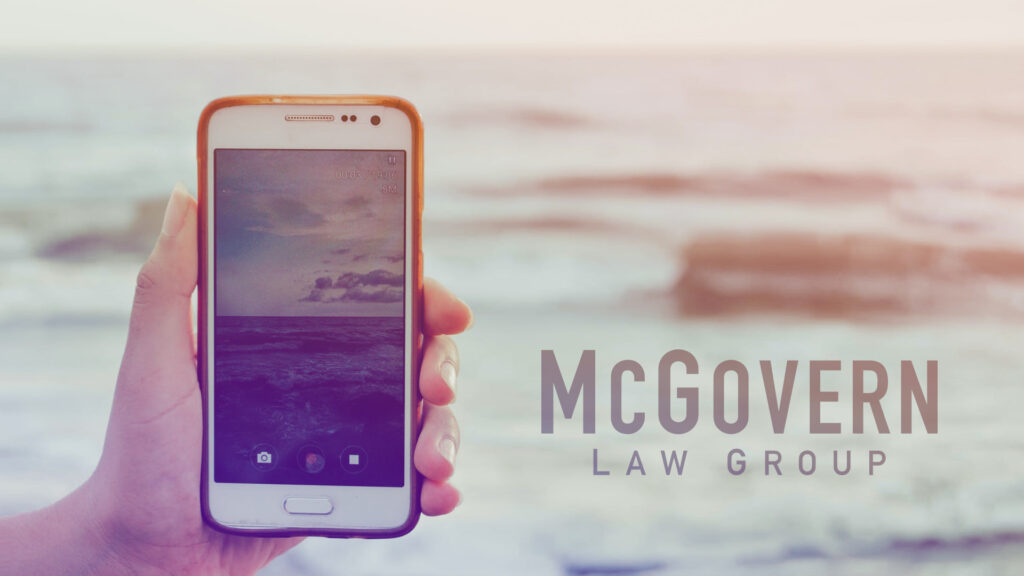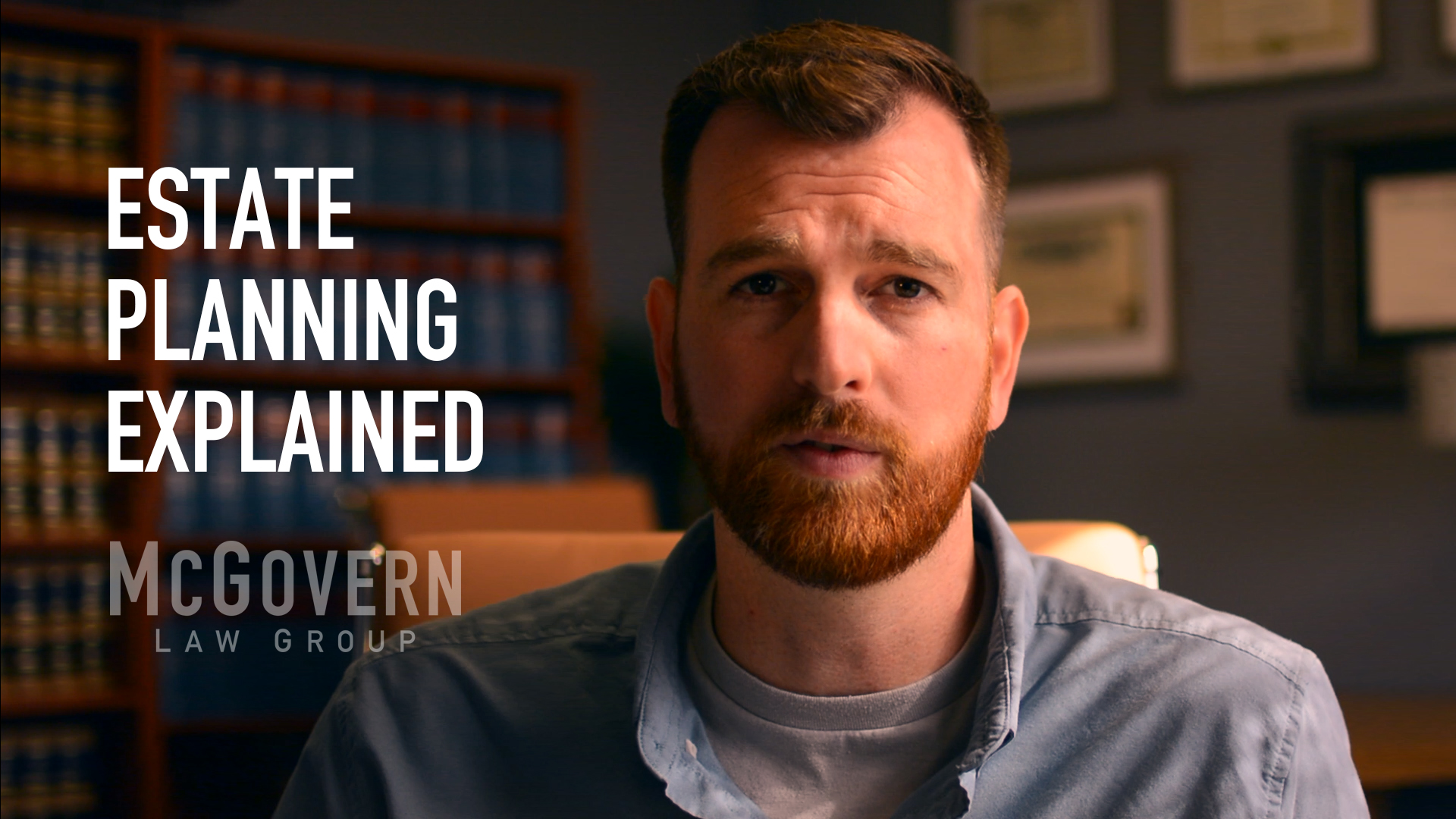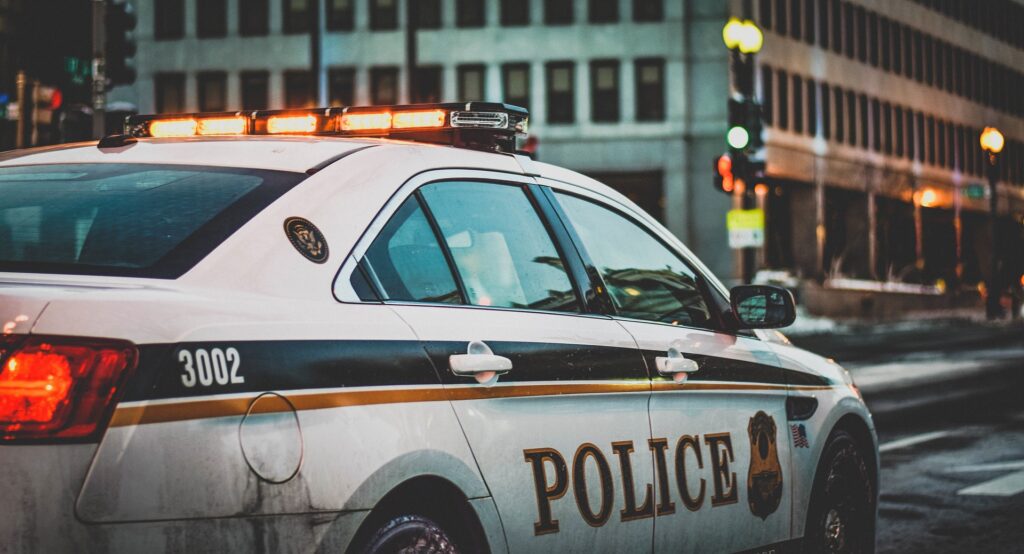Recording the Cops

Over the past few years, the use of body-worn video cameras by police has gone from a discussion to an expectation. The new question has become whether citizens can or should record police officers. As of June 2020, CNN.com reports that Apple is building features into iPhone software to enable an individual to initiate a video recording of an interaction with the police through voice commands.
With videos of police interactions becoming the new normal, here are some basics to know about video recordings of police interactions:
How Police Use Video Cameras
While there is no uniform requirement that police use body cameras, the practice has become nearly an expectation throughout the United States. Even so, some small police departments still struggle to implement body camera programs due to the significant costs associated with the requisite IT infrastructure and data storage costs for massive amounts of video footage.
By far the most common police body-worn camera is the Axon Body camera. “Axon” is a company formerly known as “Taser.” It’s the same company that brought you—you guessed it—the Taser. These cameras are generally activated manually by police officers. Some systems do exist which can activate the camera automatically through triggers such as activating the overhead emergency lights on a police car, arming a Taser, or drawing a gun from a holster. These systems are still relatively new and much less common than the cameras themselves.
Individual police departments can, and generally do, use a featuring called “buffering” on body cameras. Buffering means that the camera is essentially always recording everything. However, the camera only saves the recording from a set time prior to when the officer activates the camera. For example, if a body camera has a one-minute buffer setting, an officer who physically activates their camera at noon will end up with a video starting at 11:59 a.m. Generally, that “buffer” period is only video with no audio. The audio recording starts when the officer pushes the record button.
Individual police departments have different policies on when and where body cameras are used. Policies often require that the camera be activated for any “law enforcement encounter.” This essentially means that an officer would not be required to activate the camera for a casual conversation about the weather, for example, but would be required to activated it on a traffic stop, call, or investigation. Policies also sometimes guide officers to activate a camera only if necessary in sensitive locations like a hospital.
Citizens have a right to obtain most information generated by the government. This is also true of many police body camera recordings. However, government entities can, and often do, charge fees for preparing body camera videos in response to a request. An officer or technician has to go through the video and redact sensitive audio and portions of the video. Most departments assess some sort of fee based on this work.
How Citizens Can Use Cameras
Citizen recording of police can become tricky, especially if the person doing the recording is the person who was stopped by police. In very broad terms, you have a right to record someone using ordinary technology in a public place for non-commercial purposes. (Careful though; that sentence alone could be unpacked into a whole separate article.) So in many situations you can record the police, but with caveats.
Almost every jurisdiction has some sort of statute that prohibits any person from obstructing a police officer. There are no universal definitions for what this means. As it applies to recording, starting a recording on your phone and setting your phone down on a surface is probably OK. Holding a camera in a police officer’s face may result in having to defend a criminal charge.
If a police officer stops you and sees you trying to do something on your phone, they may stop you from doing it with an officer safety justification. They may justify seizing your phone to prevent destruction of evidence or prevent you from calling others to come to the scene. There is no clear direction from the courts on what the rules are here. The difference between personal rights and obstructing an officer are generally determined on a case by case basis. Police cannot, however, search your phone without a warrant or very limited emergency circumstances.
If you feel more comfortable creating your own recording of a police interaction, the best way to do so without having to defend your use of a recording device in court is to plan ahead, know how to quickly activate the recording, and keep the device out of your hands. That could mean setting the phone in a car’s cupholder or placing it in your pocket with the camera portion still exposed. Use your camera similarly to how a police officer uses theirs—quick activation with hands-free mounting. If you are recording an interaction between the police and a third party, give the police enough room so as to prevent a claim that you were “obstructing” them. In conclusion, know that the police (assuming a body camera program has been implemented) will likely record you and should be recording the entire encounter if they contact you for an official purpose. However, there is the potential that the camera could not record due to a glitch, forgetfulness, insufficient mounting, or intentional failure to record. If you think now that you would want to have your own recording of a future interaction with police, plan ahead so that you will know how to use your camera in such a way as to not “obstruct” a police officer.
Article by:
Sam McGovern, Esq.
McGovern Law Group
This article is not legal advice. These tips are general information based on my personal career experience and are not offered with the intent of encompassing every possible factual scenario. Every situation is unique, and if you have questions, you should contact an attorney.



